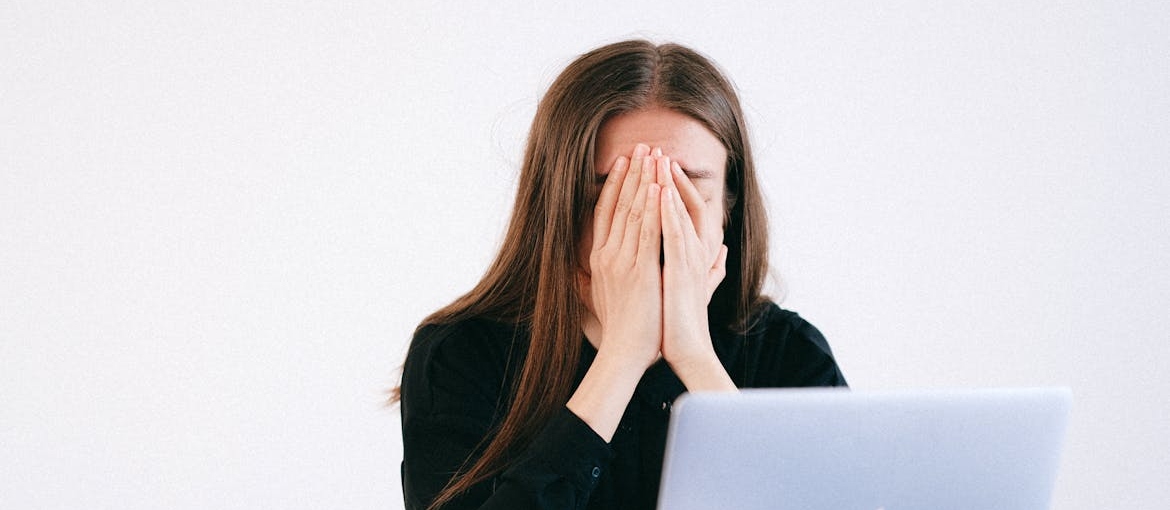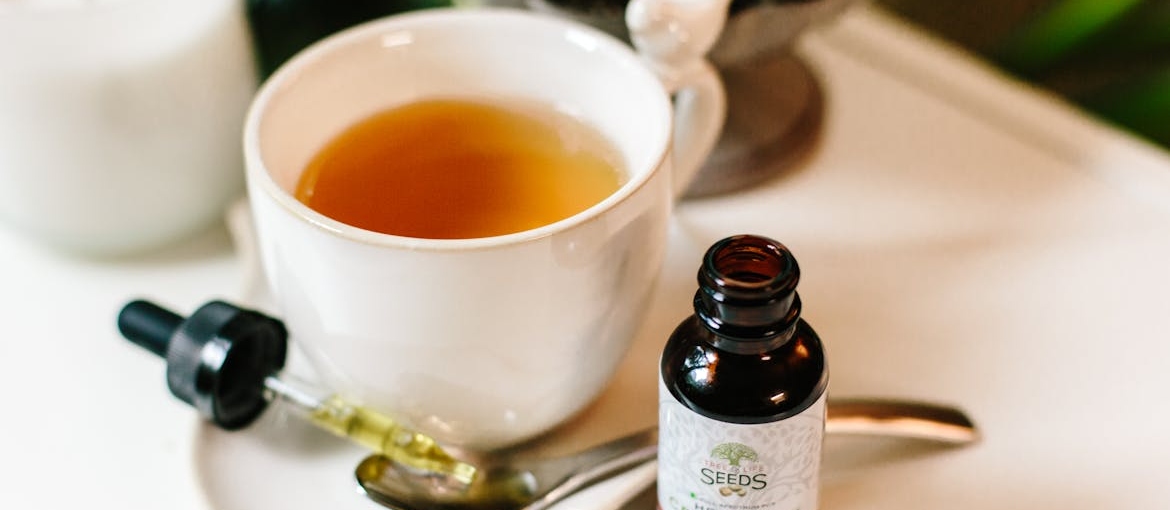THC and paranoia often go together, leaving many people confused and worried about what’s happening. You might start using cannabis to relax, only to find your heart racing and your thoughts turning uneasy. This reaction can feel scary, especially if it happens often. The truth is, THC can trigger anxiety and fear in some people, and it’s not always about how much you use. Factors like your mental health, environment, and tolerance all play a role. Knowing why this happens is the first step to feeling more in control. If THC use starts to affect your daily life or mental health, it may be time to get support. Many rehab centers in West Virginia offer help for cannabis-related issues and the anxiety that can come with them.
The Science Behind THC-Induced Paranoia
THC affects the brain in ways that can heighten fear and anxiety responses. It interacts with the endocannabinoid system, influencing mood, perception, and stress regulation. Some people are more prone to these effects, especially if they have certain mental health conditions. High doses can overwhelm the brain’s ability to filter perceived threats, leading to paranoia.

This reaction often ties into how the amygdala, the brain’s fear center, responds to THC. Research also examines the link between marijuana and schizophrenia, noting that cannabis may worsen symptoms in people at risk. While not everyone will experience paranoia, the chemical changes caused by THC can make it more likely in sensitive individuals. Understanding these mechanisms helps explain why some users stay calm while others feel anxious or fearful during cannabis use.
Common Triggers for THC and Paranoia
Even if you use cannabis regularly, certain situations can increase the chance of feeling paranoid. High-THC strains, especially without balancing CBD, can raise anxiety levels. Edibles may trigger stronger paranoia because the effects last longer and are harder to control. Your environment also matters — crowded places or unfamiliar settings can intensify fear. Mental state plays a role too; using cannabis when stressed or tired can make paranoia more likely.
If paranoia has become a barrier to enjoying cannabis, it might be time to explore treatment options. Facilities like rehab Cambridge OH has provide support for cannabis-related anxiety and dependence. Identifying your personal triggers can help you make safer choices and reduce unwanted reactions. This makes it easier to keep cannabis use from interfering with your comfort and daily life.
Mental Health Factors That Increase Paranoia Risk
Some mental health conditions make THC and paranoia more likely. People with anxiety disorders often have heightened stress responses that THC can amplify. Depression may also affect how the brain processes cannabis, sometimes worsening emotional distress. Trauma history can increase paranoia risk due to changes in brain function. Genetics play a role too, as some people naturally respond more strongly to THC.
Addressing these factors can reduce symptoms and improve well-being. Therapeutic approaches like motivational interviewing for substance abuse can help identify how cannabis use affects mental health and provide strategies for change. If mental health issues are present, a combined approach of therapy, support, and lifestyle adjustments often works best. Reducing strain potency or frequency can also lessen paranoia risk while maintaining some benefits of cannabis use.

Recognizing the Symptoms of THC-Induced Paranoia
THC and paranoia can show up in different ways, and knowing the signs can help you respond faster. Some symptoms are easy to miss, while others feel overwhelming. You might notice changes in your body, emotions, or thinking patterns. These reactions can be unsettling and make cannabis use less enjoyable.
Learning to spot these symptoms early can reduce stress and give you a sense of control. It’s not always about how much you use — your mindset, setting, and personal health matter too. If you’ve ever wondered can THC cause panic attacks or noticed your mood shift quickly, you may be experiencing THC effect and paranoia. The sooner you recognize the signs, the sooner you can decide what steps to take next for your mental well-being.
Physical Signs to Watch Out For
Physical symptoms are often the first sign that THC and paranoia are kicking in. These changes can happen within minutes of using cannabis and might catch you off guard. While they may feel intense, they’re your body’s way of responding to THC’s effects on your nervous system. Paying attention to these signs can help you step back before the anxiety grows. The sooner you notice them, the easier it is to manage the experience.
- Increased heart rate: Feels like your heart is racing.
- Sweating: Sudden or excessive sweating without heat.
- Trembling: Shaky hands or body.
- Shortness of breath: Feeling like breathing is harder.
- Dry mouth: Noticeable cottonmouth.
- Dizziness: Feeling lightheaded or unsteady.

Mental and Emotional Symptoms of THC Paranoia
Mental and emotional changes often go hand in hand with the physical signs. You might notice racing thoughts or a sense that something bad will happen. These feelings can make you pull back from others or become hyperaware of your surroundings. Overthinking small details or feeling judged can add to the discomfort. If these reactions happen often, it may be time to address them.
Supportive care, including individual therapy for addiction, can help you understand what does THC do to the brain and how it affects your emotions. Therapy can teach coping skills to manage anxious thoughts and reduce the cycle of fear. The more you learn about your triggers, the easier it becomes to use cannabis without feeling overwhelmed.
How Long THC Paranoia Usually Lasts
The length of THC and paranoia symptoms varies. For some, it fades in minutes. For others, it can linger for hours. Factors like dosage, tolerance, and strain type play a role. Edibles often lead to longer-lasting paranoia compared to smoking. Your mental state before use also matters — feeling stressed or anxious can make symptoms worse.
If paranoia lingers and interferes with daily life, seeking support is a smart choice. Programs such as marijuana rehab West Virginia services can help address both cannabis use and anxiety. Treatment can guide you through safer habits and coping strategies. Remember, these reactions don’t mean you’re “broken” — they mean your mind and body are reacting strongly to THC. You have options to feel better.
How to Reduce Paranoia When Using THC
Paranoia doesn’t have to be part of your cannabis experience. Making a few adjustments can lower the chances of it happening. From choosing the right strain to being mindful of your surroundings, small steps can make a big difference. It’s about understanding how THC affects you personally and setting yourself up for a calmer experience. The tips below can help you feel more in control when using cannabis.
- Start with low doses: Avoid overwhelming your system.
- Choose strains with higher CBD: Helps balance THC effects.
- Use in a safe setting: Pick familiar, comfortable places.
- Avoid cannabis when stressed: Mood affects your reaction.
- Stay hydrated: Physical comfort supports mental comfort.
- Try mindfulness or breathing exercises: Calm anxiety in the moment.
Long-Term Effects of THC and Paranoia on Mental Health
Frequent episodes of THC and paranoia can impact your mental health over time. If paranoia becomes a regular part of your cannabis use, it can chip away at your sense of safety and trust in yourself. Some people develop ongoing anxiety, making social life and daily tasks harder. These long-term effects can be subtle at first but grow stronger if left unaddressed.
The good news is that you can take action now to prevent further strain. Support, lifestyle changes, and professional help can make a big difference. If you’re wondering what does THC do to the brain over the long term, the answer depends on your use patterns and mental health history. Acting early can help you avoid more serious and lasting issues down the road.
Potential for Ongoing Anxiety Disorders
If THC-induced paranoia happens often, it can affect your mental health over time. Constant anxiety or fear after cannabis use can become part of your daily life. These are some long-term anxiety issues linked to frequent paranoia episodes.
- Generalized anxiety: Constant worry that feels uncontrollable.
- Social anxiety: Fear of being judged or embarrassed.
- Panic disorder: Sudden, intense panic attacks.
- PTSD-like symptoms: Reliving stressful or paranoid episodes.
- Sleep disturbances: Trouble falling or staying asleep.
- Avoidance behaviors: Skipping events or situations that trigger fear.

Rehab Options for THC and Paranoia
If paranoia and anxiety keep happening, professional treatment can help. Specialized programs address both cannabis use and mental health symptoms. You might benefit from therapy, peer support, and education about safer cannabis habits. Treatment can happen in residential programs or outpatient care.
For those balancing life responsibilities, an outpatient cocaine rehab program may be a better fit, offering flexibility while still providing structure. Rehab helps you understand your personal triggers, build coping skills, and reduce or stop use if needed. Many people see major improvements in mood, sleep, and focus once they get help. You don’t have to manage this alone — the right program can give you tools that last a lifetime.
When to Seek Professional Help
If paranoia happens every time you use cannabis or starts affecting daily life, it’s time to get help. Professional support can teach you how to use cannabis more safely or explore other coping methods. Asking early is better than waiting until symptoms worsen.
In some cases, you may qualify for job protection under does FMLA cover rehab, giving you time to focus on recovery. Therapists and counselors can help you understand your triggers, learn practical tools, and rebuild your comfort in daily life. Taking that first step can feel scary, but it’s often the most important one in getting your mental health back on track.

Safe Alternatives for Cannabis Users Concerned About Paranoia
If THC and paranoia have made cannabis use stressful, you still have options. Many people find relief in lower-THC strains, CBD-rich products, or non-cannabis ways to relax. These alternatives can reduce the chance of anxiety while still helping you unwind. You might need to try different options before finding what works best for you.
The goal is to keep the benefits without the fear. Safe choices can help you enjoy life without worrying about panic or paranoia. Exploring these alternatives can also give you new ways to cope with stress and improve your overall well-being. Whether you want to cut back or stop altogether, there’s a path that fits your needs and comfort level.
Low-THC Cannabis Strains and Their Benefits
Lower-THC strains can give you the calming effects of cannabis without the intense high. These strains often produce milder mental effects, making paranoia less likely. Many people find they can still relax without feeling overwhelmed or anxious. Choosing the right strain takes some research and trial, but it can make a big difference in comfort and safety.
CBD Products for Relaxation Without Paranoia
CBD doesn’t cause the same psychoactive high as THC and is less likely to trigger anxiety. Oils, gummies, and topical products can help you relax, ease muscle tension, and improve sleep. Some people combine small amounts of CBD with low-THC strains to balance the effects. This approach can lower the risk of paranoia and keep your experience calmer.

Non-Cannabis Options for Stress and Anxiety Relief
Non-cannabis methods can be very effective in managing anxiety:
- Exercise: Improves mood and lowers stress.
- Meditation: Calms the mind and body.
- Deep breathing: Reduces tension quickly.
- Journaling: Helps process thoughts and feelings.
- Healthy sleep: Supports emotional balance.
- Social support: Encourages connection and reassurance.
- Hobbies: Distracts from worry and boosts mood.
Moving Forward Without Fear
THC and paranoia can make cannabis use stressful instead of relaxing. If it happens to you, know that you’re not alone. Many people experience these feelings, and they can be managed with the right approach. Pay attention to dosage, strain type, and your environment when using cannabis. You don’t have to keep feeling uneasy every time you use THC. The sooner you seek support, the sooner you can feel more at ease.



